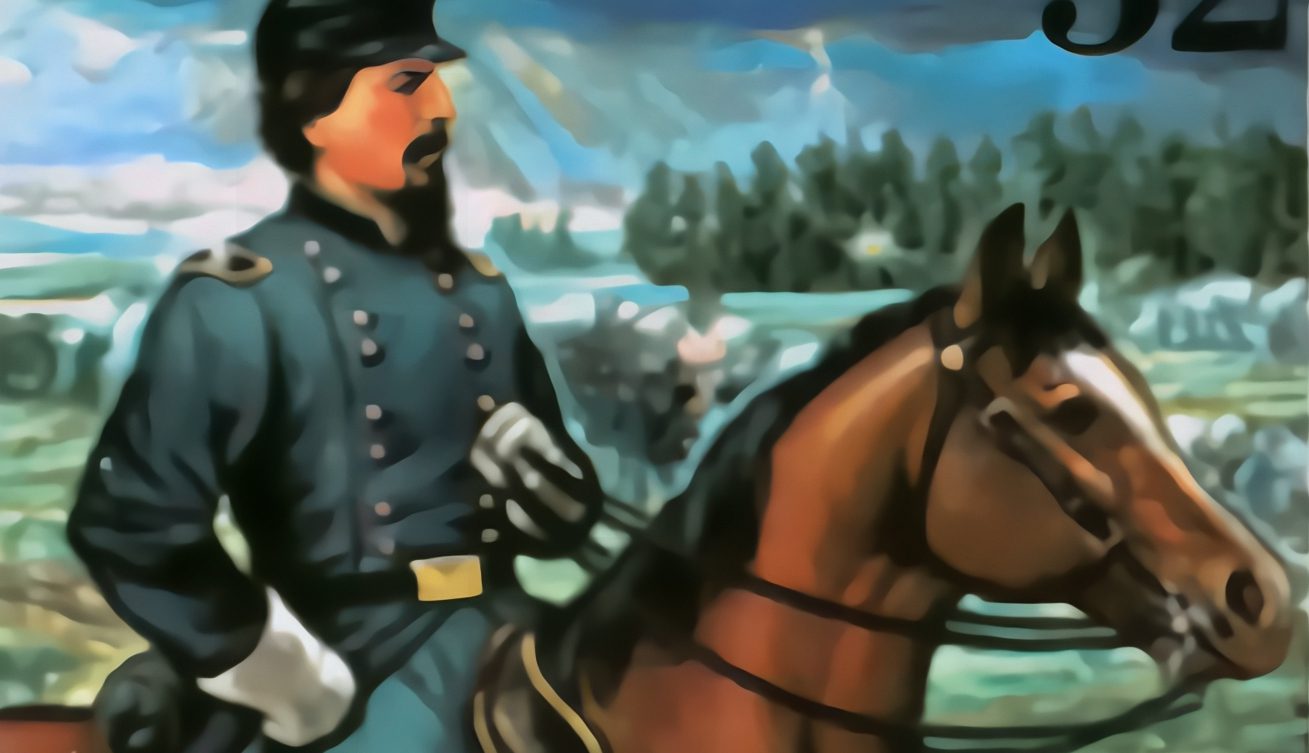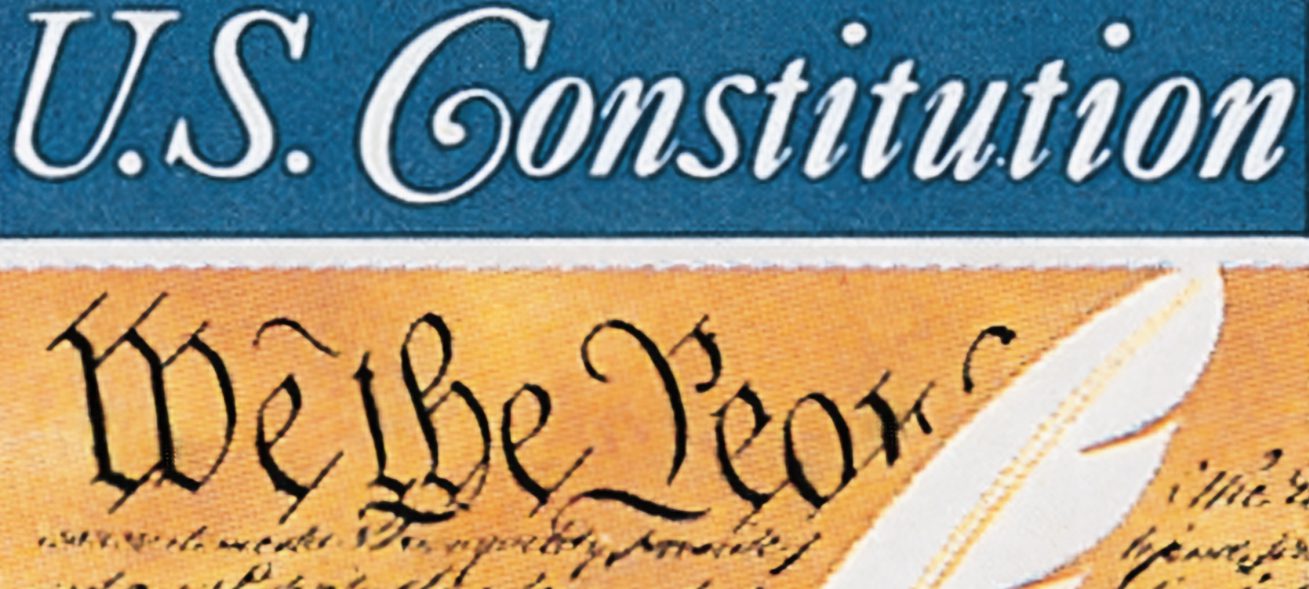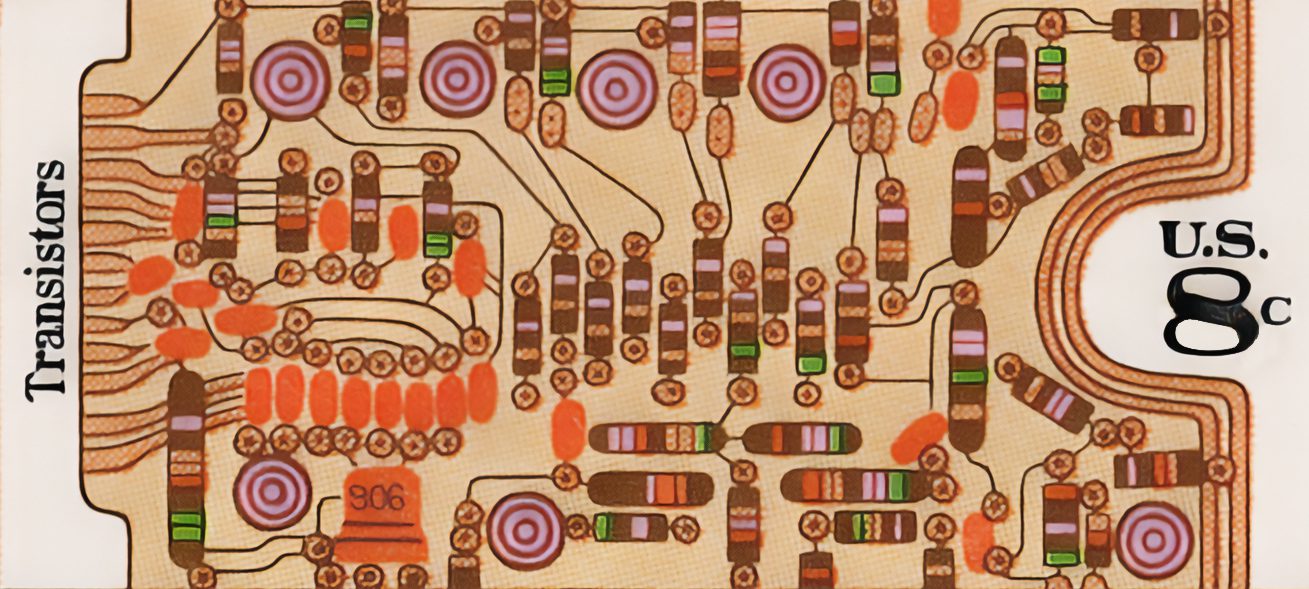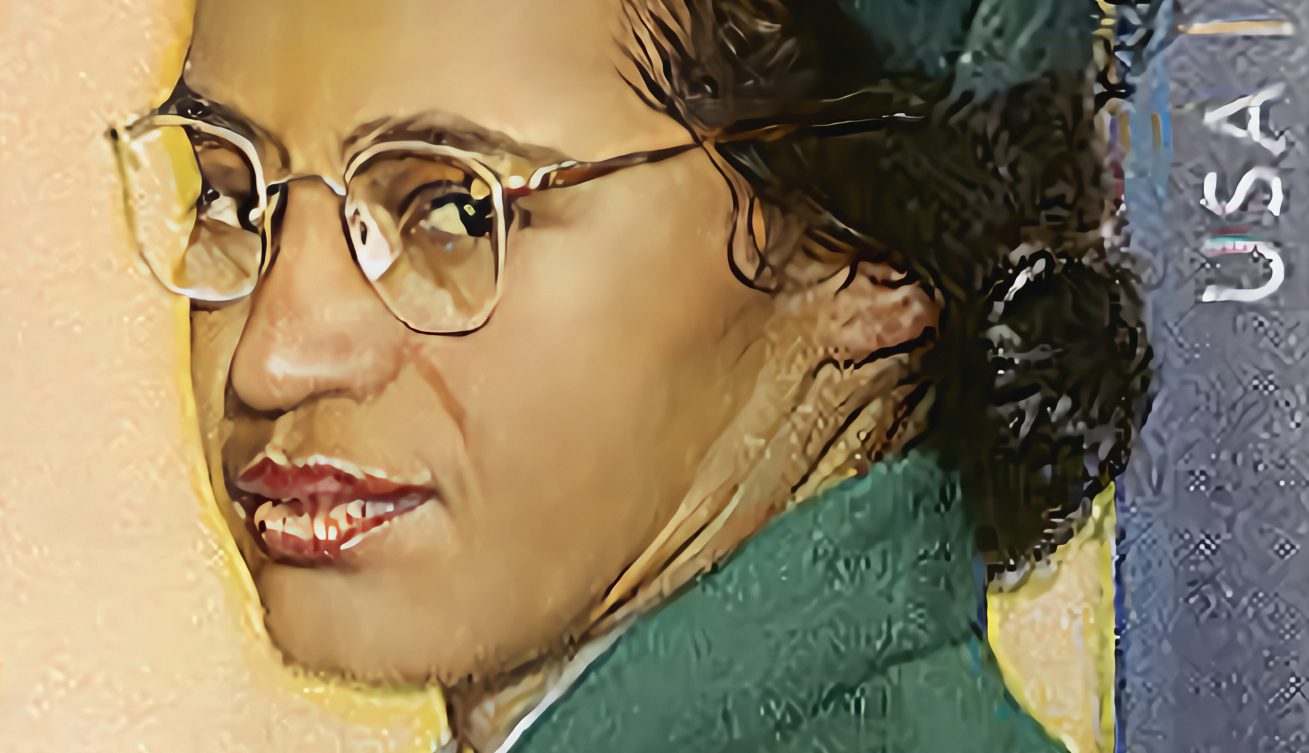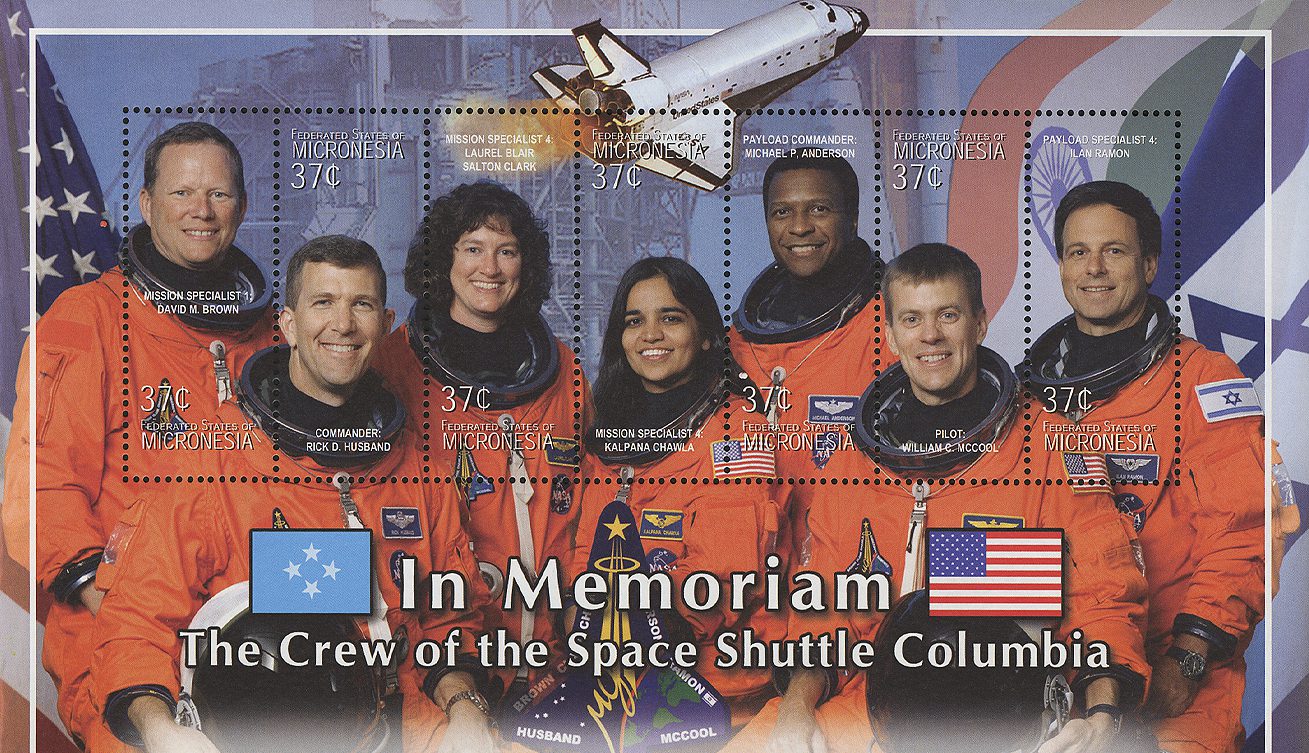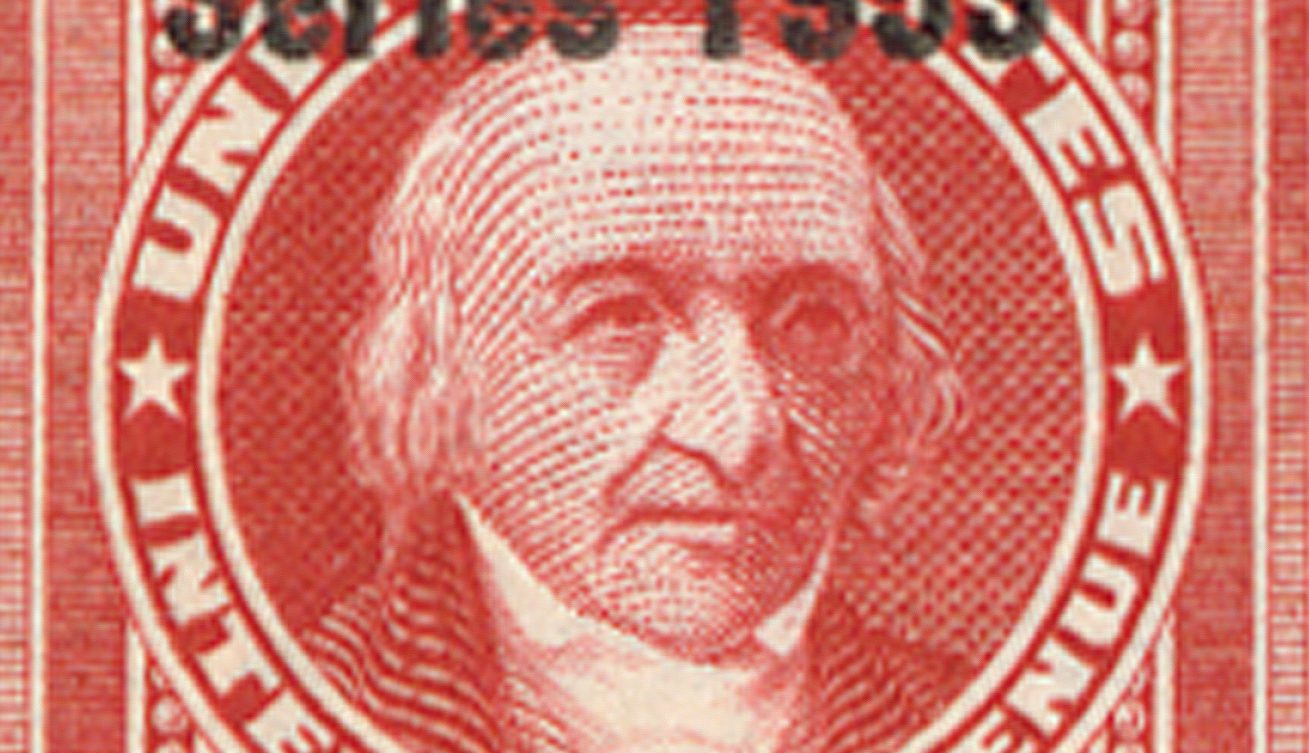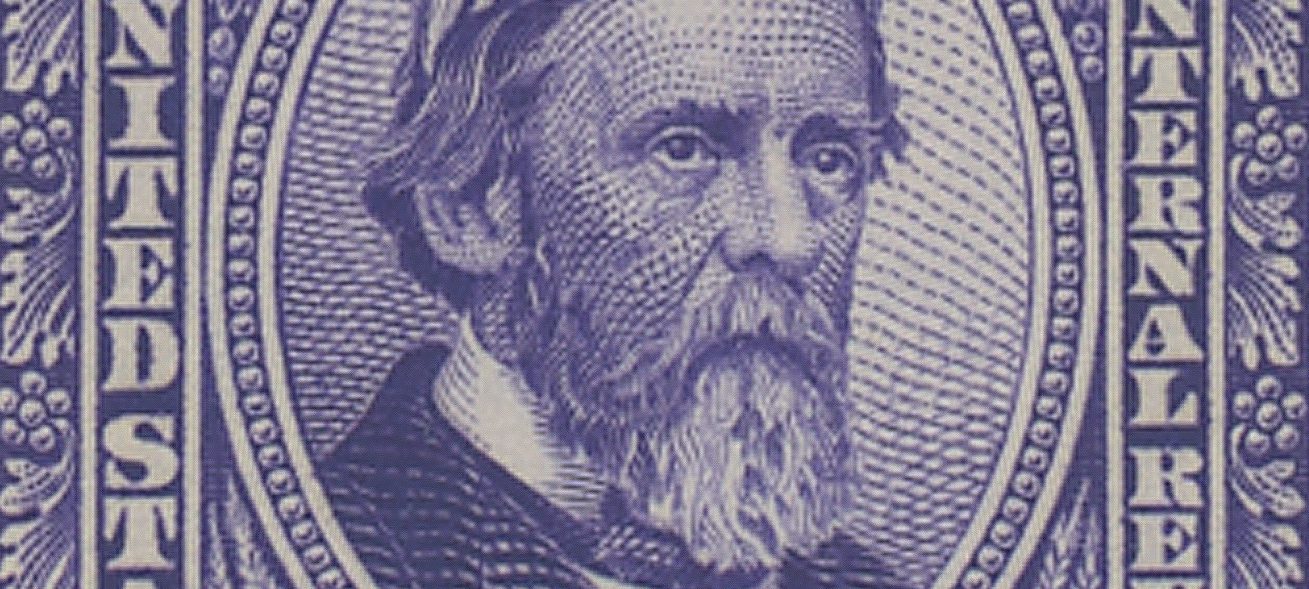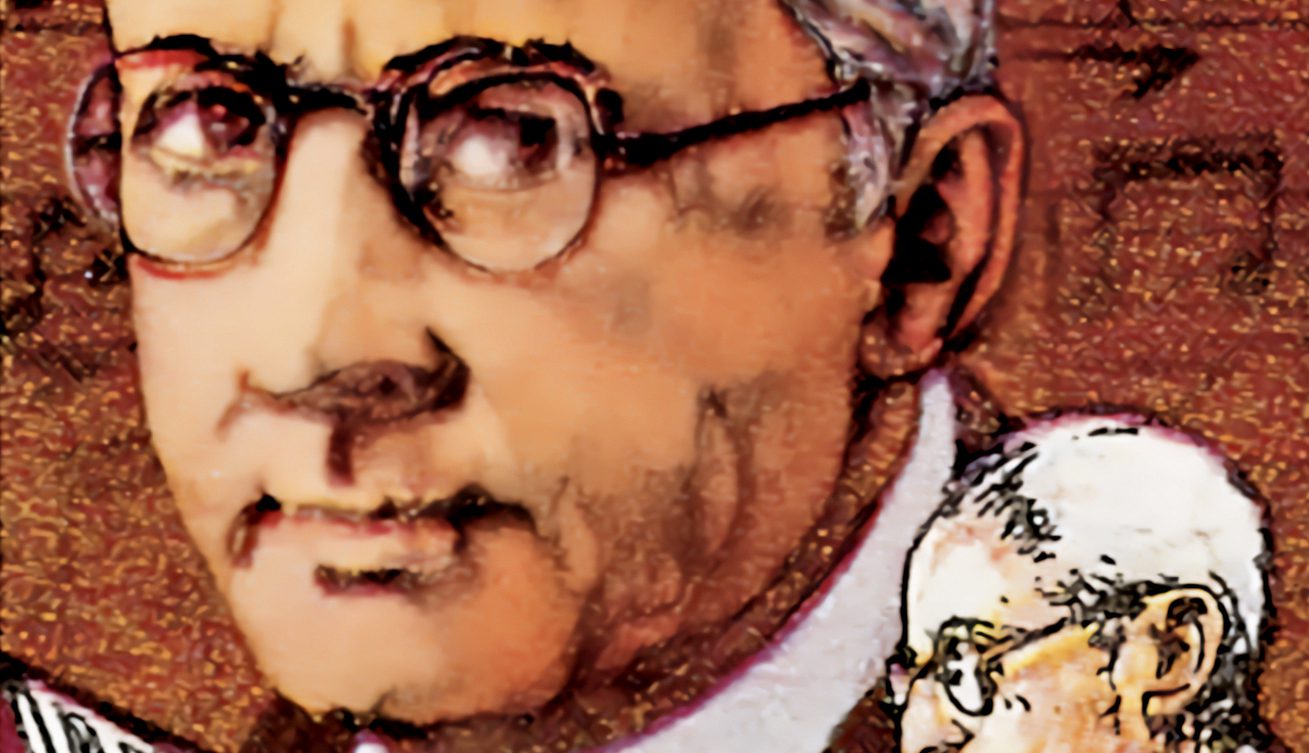Birth of Winfield Scott Hancock
Winfield Scott Hancock was born on February 14, 1824, in Montgomeryville, Pennsylvania, and would grow into one of the Union Army’s most respected battlefield commanders. Known later as “Hancock the Superb,” he built his reputation not through legend, but through steady leadership in some of the Civil War’s hardest fights.

